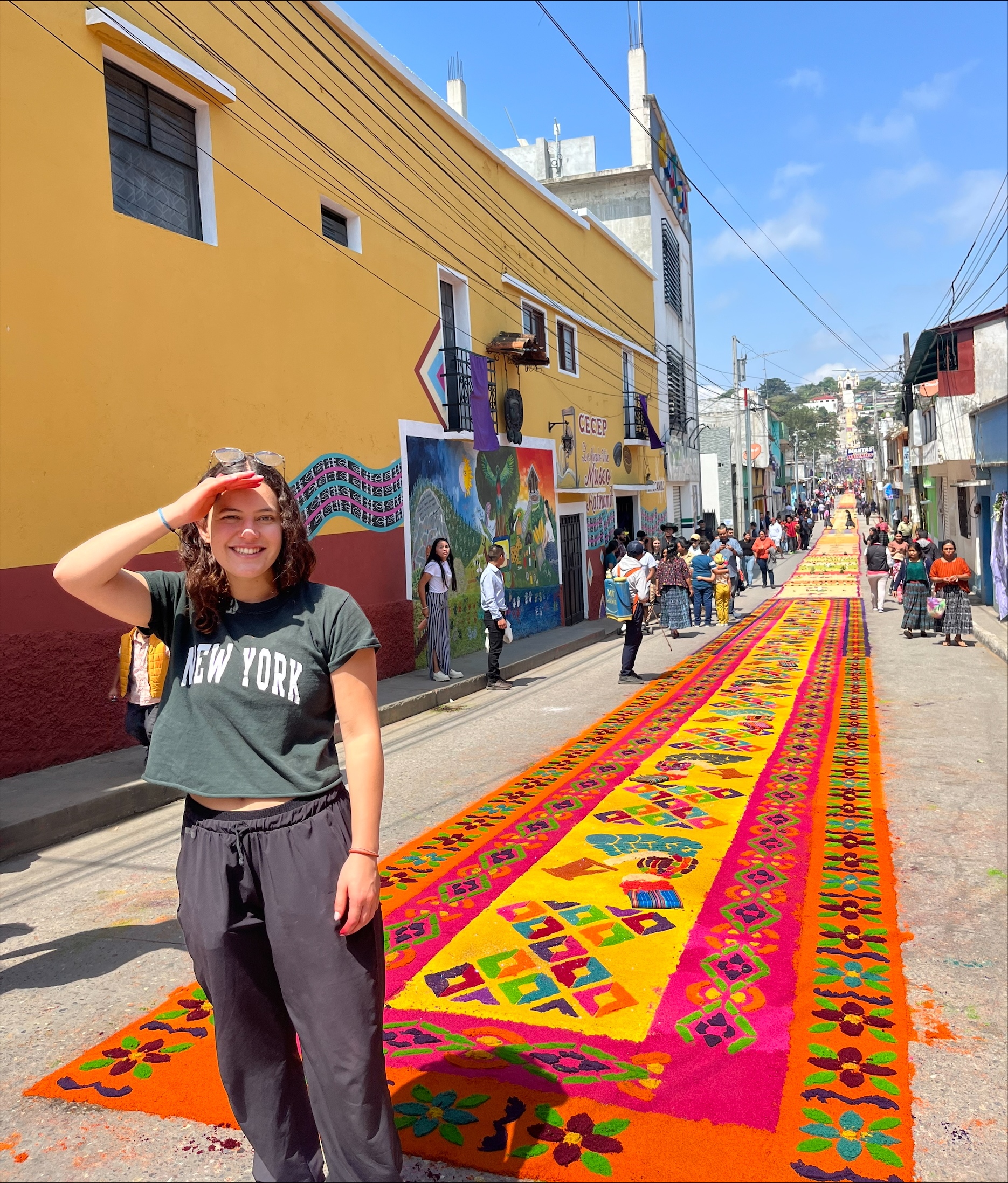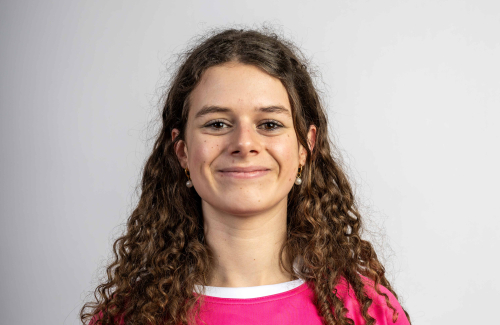More Pembroke news
'What I learnt from my fieldwork in Guatemala': Stories of Development from the Field
NEWS |

Working in international development, Pembroke graduate Isabela (2024, MPhil Development Studies) focuses on how large-scale initiatives impact the lived experiences of local communities. While conducting fieldwork in Guatemala, she interviewed small-scale producers participating in an agricultural and financial development project, seeking to understand how they perceive and experience "development" in their everyday lives.
***
Stories of Development from the field
Isabela Linares Uscher
Development has become somewhat of a buzzword within politics and international organizations, eventually shaping policy, interventions, and even aid delivery and cooperation. But what happens when such a big concept is applied in the field? What does the idea of “development” mean to those at the centre of conversations about it? These are some of the questions I began to ask while doing field work in Guatemala and interviewing people from diverse, yet difficult, realities.
I first began thinking about the meaning of development when visiting one of the biggest hydroelectric plants in the country—the Chixoy Dam. Although not internationally known, this is not only one of the main energy sources of the country but was also the site of political violence during Guatemala’s military dictatorship in the 1980s. This massive infrastructure, built with the concepts of development and sustainable energy in mind, was closely linked to the massacres of entire communities. The conversations that I had with those who survived the more than 5 massacres that took place, made me realize how complex yet powerful development can be.
Whilst in Guatemala, I worked with an NGO to interview small producers in communities that were part of a development project. I realised that many of the participants, most of which were women, had their own understanding of development shaped by their own histories. My field work took a completely different course. The question of development, it was clear, was bigger than just a project or a simple concept discussed during conversations high up in government. Rather, it was also a clear demonstration of the aspirations and struggles that many people face.
For Jennifer, a young woman that I interviewed, development meant resilience. After escaping her abusive marriage to a wealthier man, by the age of twenty, she wanted her own opportunities. “Setting personal goals allowed me to see a future,” Jennifer told me whilst sharing with me her future aspirations and plans. Christina, on the other hand, understood development in terms of empowerment. For her, realising that her voice as a woman was valuable allowed her to claim her legal rights to her land. She has helped many women in her community use their voice in a context marked by land struggles. These are just two examples of the different experiences and understandings of development that I came across.
My work, in this context, has no clear-cut answer. Instead, I see it as a vehicle through which conversations that usually take place at institutional levels can take place on the ground. The question of development, therefore, is a matter of constant dialogue—of understanding that there is a need to involve more voices.

